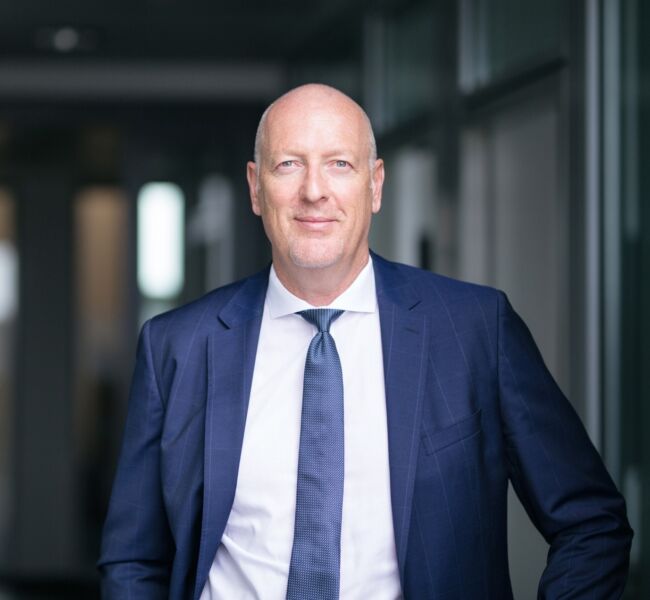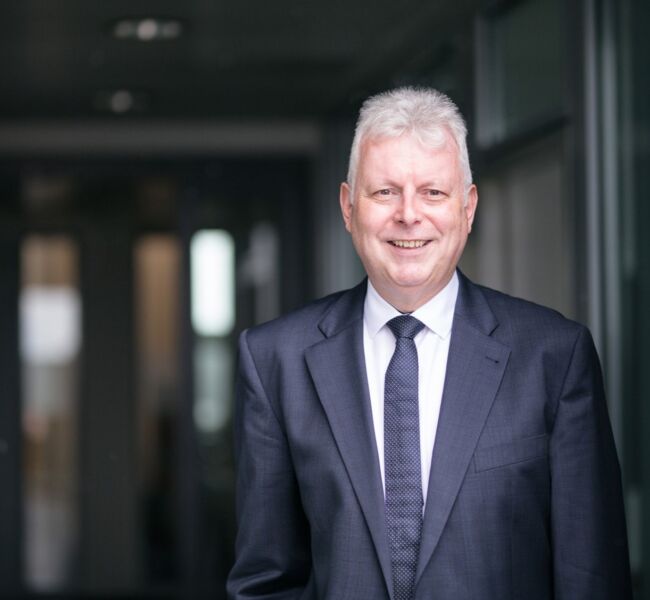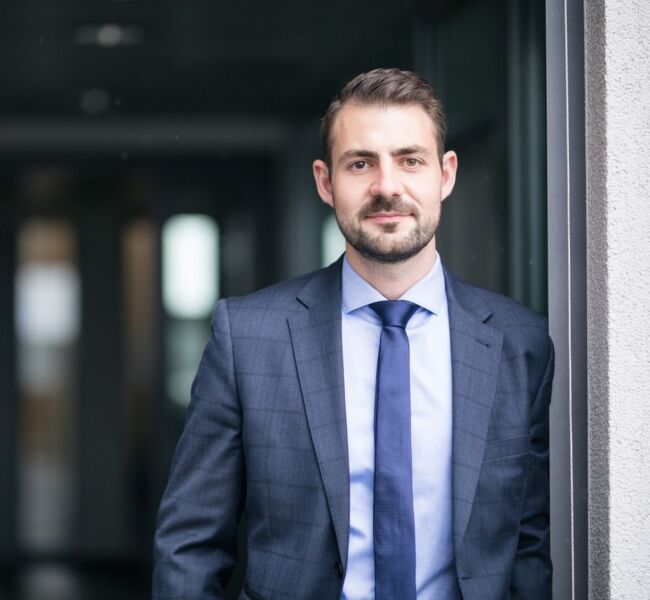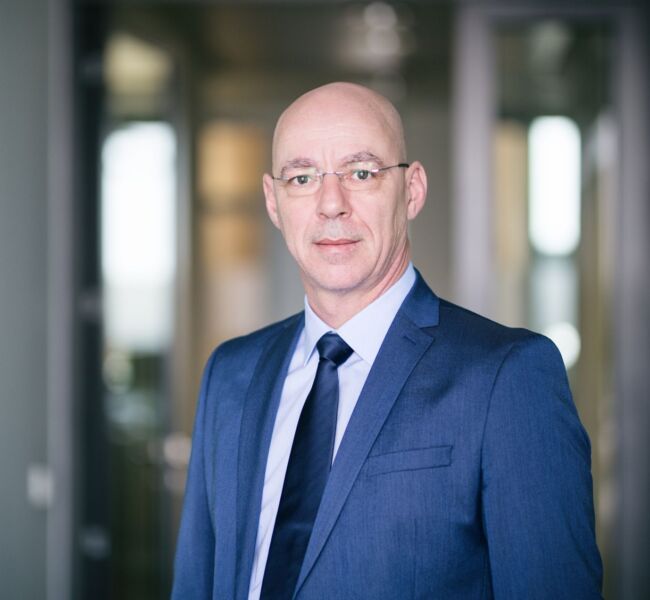Active expectation and conflict management are central factors for success in personal protection for exposed and vulnerable families. In an atmosphere characterized by respect, acceptance, and transparency, it is much more effective to achieve protection goals and increase security levels. However, only those who have dealt with typical conflict situations from a psychological perspective and have professionally trained their reactions can truly leverage this advantage.
Problem Outline:
1. Social Class Divide
In personal protection, one typically works with families whose members come from a privileged upper class and naturally have relatively high expectations.
2. Transference and Countertransference
We are regularly confronted with the fact that unconscious and unfulfilled expectations, desires, and ideas of the protected individuals form an internal relationship with our own expectations and fantasies about what we should or should not do. Under stress and threat, these unconscious mechanisms are activated particularly quickly. Personal protectors may also be subject to archaic longings and expectations, as security and comfort represent basic needs, the fulfilment of which is delegated and associated with strong ideal images. Subconsciously, one may want to recognize the archetypal warrior and saviour in a personal protector.
3. Shifting Social Contexts:
Each family member to be protected perates in different social environments (school, sports club, profession), inevitably influenced by norms. This naturally reflects on role expectations placed on the personal protector. In such a complex and intricate field of psychological and sociological processes, the likelihood of frustration for both sides increases significantly.








